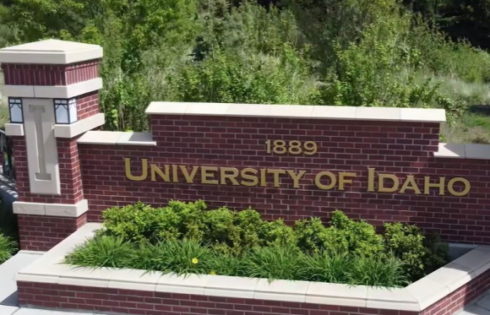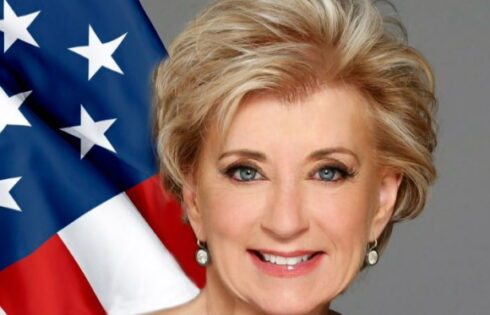 Columbia University has not had ROTC on campus since 1968, and probably for the first time in 43 years, its return to the campus is a real possibility.
Columbia University has not had ROTC on campus since 1968, and probably for the first time in 43 years, its return to the campus is a real possibility.
Friday, the Columbia University Senate released its comprehensive plan to investigate such a return. The plan includes open forums, a pan-undergraduate student poll and task force which will submit an opinion to the Senate. A vote is then expected in late March or early April about ROTC’s return. The plan was released a few days after the State of the Union, in which President Obama called on colleges to “open their doors” to ROTC and military recruiters.
Jim Applegate, an astronomy professor at Columbia and co-chair of the 2004 task force on the ROTC, supports the ROTC’s return.
The formation of the 2004 task force marked the first time that the ROTC’s return was considered after the 1968 cancellation of the program. According to Applegate, in 2004 ninety percent of the debate was about ‘Don’t Ask, Don’t Tell’. Today is different.
“If you step back and look at the big picture, forget 1968, DADT, Vietnam, and all the other distractions, Columbia participating in ROTC is a no-brainer,” he said. “We Americans collectively have decided we want our military officers to be college graduates and ROTC is a big part of how that is accomplished.”
Applegate stressed the enormous changes in both the military and Columbia since the 1960s. The military is now all-volunteer, for one. Applegate said the “long national hangover from Vietnam” has been eclipsed partly by the Gulf War and recent better treatment of returning Gulf War veterans compared to Vietnam veterans.
“The attitude today is far healthier than it was in 1968,” he said. Applegate also noted that today’s movement is driven by students who have no memory of Vietnam.
Jose Robledo, GS ’12, enlisted in the Army fresh out of high school and served nine years, 26 months of those in Afghanistan and Iraq. He is one of the few Columbia ROTC cadets who participates in the program through Fordham, and also a University Senator in favor of a Columbia ROTC unit.
Robledo agrees with Applegate in that Columbia students need to be exposed to the military.
“Soldiers don’t come from Mars,” he said, “they come from American society.”
Robledo believes that a greater military presence on the Columbia campus would heal what he sees as a growing divide between civilians and members of the military.
“Call of Duty really messed up the image of the military,” Robledo sad. “The only thing we use knives for is to open our dinner.”
In Afghanistan, Robledo worked on the security arm of a Provincial Reconstruction Team (PRT).
“If they had it and lost it, we rebuilt it. If they didn’t have it, we built it,” Robledo said. This meant schools, wells, clinics.
“People get caught up in the mystique of the military, [they think all soldiers] are living for war,” he said. “The first thing, the very first thing that a soldier learns is the Geneva Convention. We aren’t handed a rifle and trained to fire at targets of [innocents].”
What will affect the outcome of the poll? Robledo is wary that people will look at ROTC’s return as a referendum on Iraq and Afghanistan. He urged students to realize that policy is made by civilians, and to protest policy-makers rather than policy-enacters.
Applegate agreed, but also fears that opposition will come from shallow “stereotypes of military automatons” — proof that students need exposure to the military, in his view.
As to the chances of the ROTC’s return? Robledo is completely unsure.
Applegate is more optimistic. He believes student support for the return of ROTC will be broad, after the repeal of DADT.
“Columbia ROTC is good for the Columbia students who participate in it, it is good for the quality of the education of all Columbia students, and it is an important part of how Columbia discharges its responsibility as an educational institution in our nation,” Applegate said.
Conor Skelding is a freshman at Columbia and a daily editor for the Bwog. He is a member of the Student Free Press Association.




Please join the conversation about our stories on Facebook, Twitter, Instagram, Reddit, MeWe, Rumble, Gab, Minds and Gettr.